Why Your Liver Is So Vital to Your Health
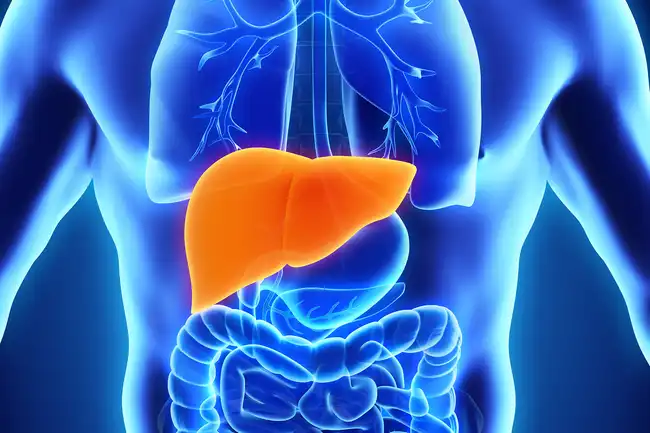
Jack of All Trades
Your liver does three main jobs: It filters harmful things from your blood, stores fuel, and makes a liquid called bile that helps you digest food. But that’s just the beginning. This amazing organ plays a part in hundreds of other bodily functions.
Swipe to advance
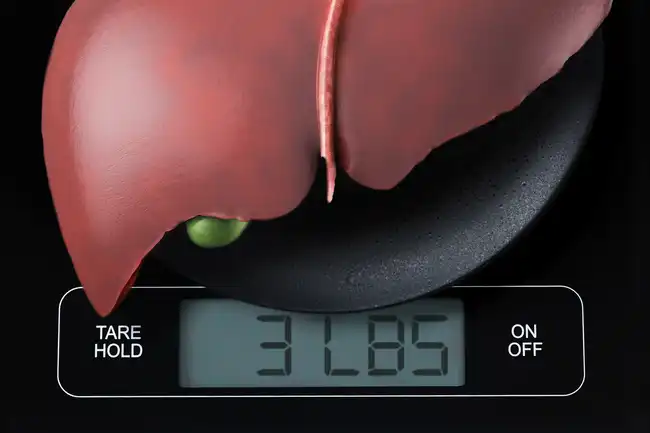
2
/
14
Big Organ on Campus
Your skin is the only organ that’s bigger. The average adult liver weighs around 3 pounds and holds 1 pint or about 13% of your blood at any given time. Cone-shaped and colored a deep reddish-brown, it sits sandwiched between your diaphragm on top and your stomach on bottom.
Swipe to advance
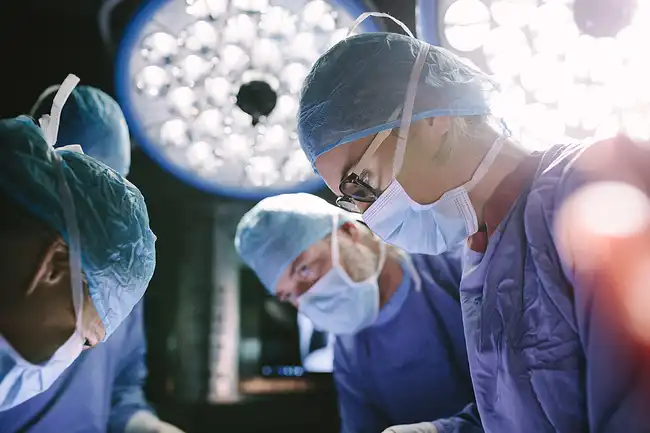
3
/
14
Self-Starter
If injury or disease damages your liver, surgeons can sometimes take out as much as three-quarters of it without destroying it. It often grows back to its former size within a few weeks. And if you need a new liver, doctors can sometimes use just a piece of someone else’s -- it will grow to fit your body.
Swipe to advance
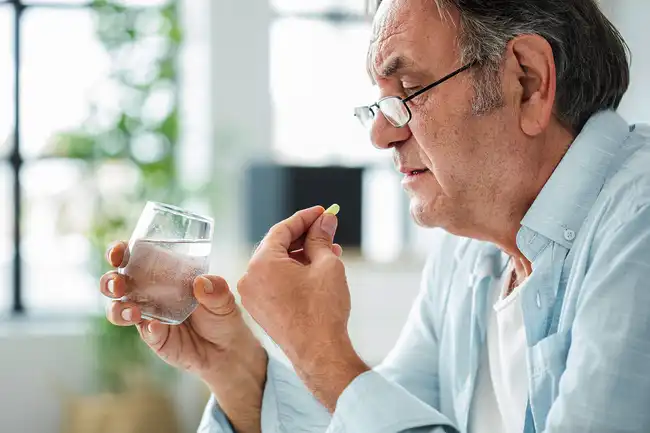
4
/
14
Pharmacist
Most medicines pass through your liver. In some cases, they have to so they’ll work the right way -- the organ has chemicals that “activate” some drugs so they can work. These chemicals also control how quickly the drugs are broken down, used, then “deactivated,” and gotten rid of through your pee or poop.
Swipe to advance
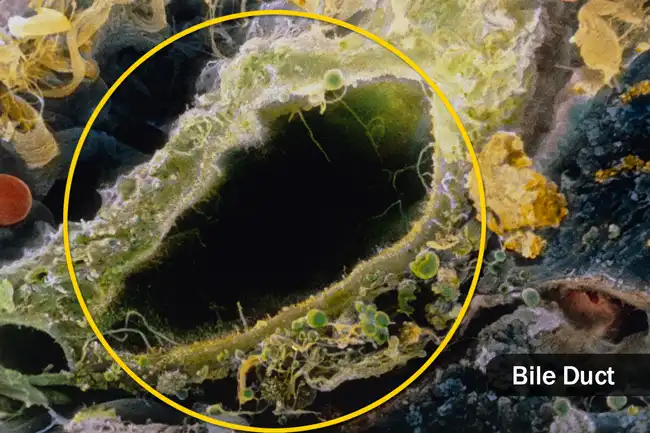
5
/
14
Digestive Juicer
Your liver uses cholesterol to make a digestive juice called bile. It helps break down fats and certain vitamins so your body can use them. Small tubes called bile ducts carry bile from your liver to your gallbladder, where it’s stored until it’s needed in your small intestine.
Swipe to advance
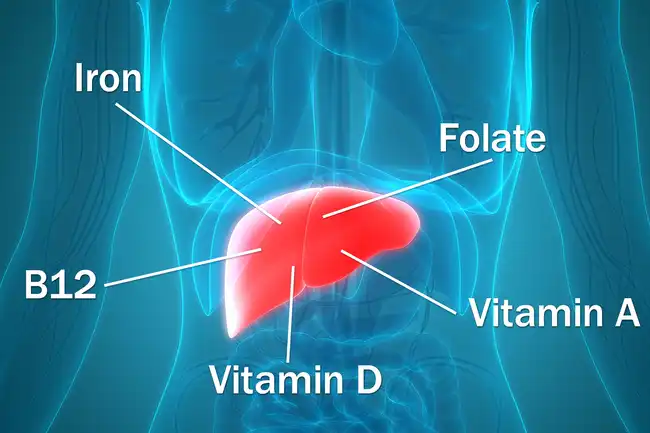
6
/
14
Nutrient Center
Your small intestine takes in nutrients from food -- like sugars, glycerol, amino acids, vitamins, minerals, salts -- and passes them into your blood through special cells. The first stop, your liver, puts them into forms your body can use, then stores several of them, including iron, folate, and vitamins A, D, and B12, and delivers them where and when your body needs them.
Swipe to advance
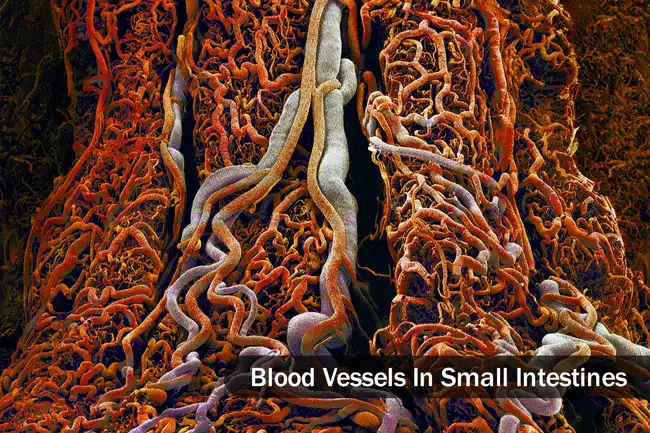
7
/
14
Food Filter
That same blood from your intestines also carries toxins. Once anything your body can use is separated out, your liver breaks down what’s left so it can be sent out as waste. It either travels in your bile and goes out with your poop, or it goes into your blood, then to your kidneys, and leaves your body when you pee.
Swipe to advance
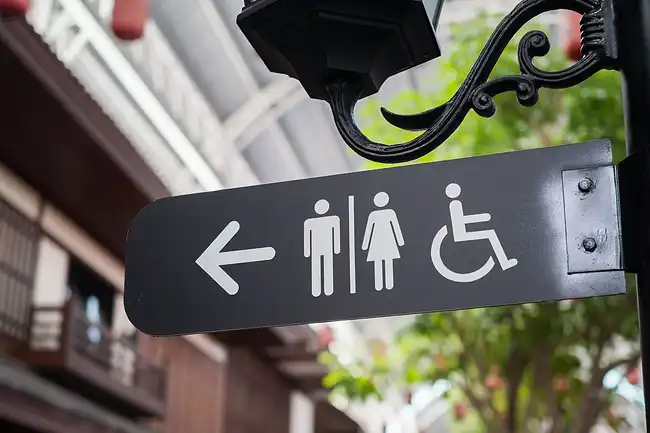
8
/
14
Detox Central
In addition to the toxins in food, your liver also breaks down the ones found in things like alcohol, pesticides, and heavy metals, and changes them into harmless waste that’s easy to get rid of. Toxins can also be left over from normal bodily functions, like making hormones.
Swipe to advance
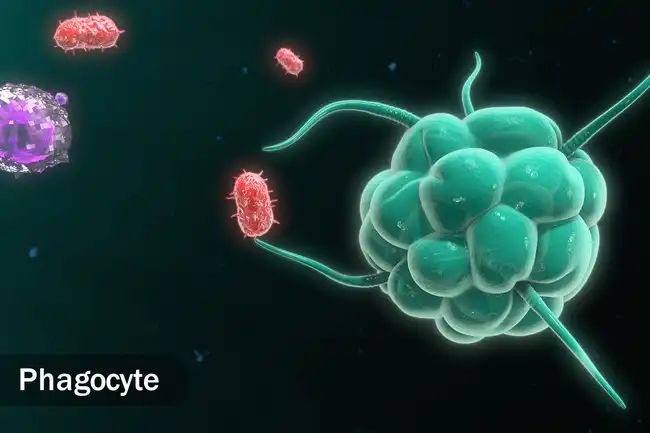
9
/
14
Security Gate
Along with its ability to filter toxins, your liver can find, catch, and destroy harmful bacteria, viruses, and other germs that get into your body through food. It has the largest group of immune system soldiers that eat germs (called phagocytes) and can launch a full-blown immune reaction when needed.
Swipe to advance
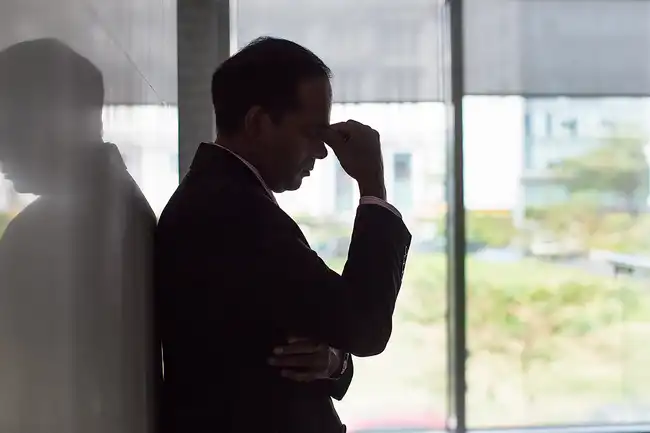
10
/
14
Brain Sharpener
Your liver keeps you thinking straight by getting rid of toxins in your blood. When it doesn’t work as it should, these chemicals can build up and change your mood, sleep habits, and the way you act. You may feel down or anxious or have a hard time focusing. Over time, you might also have shaky hands, jerking muscles, and sluggish speech. Scientists are still trying to narrow down exactly which toxins are to blame.
Swipe to advance
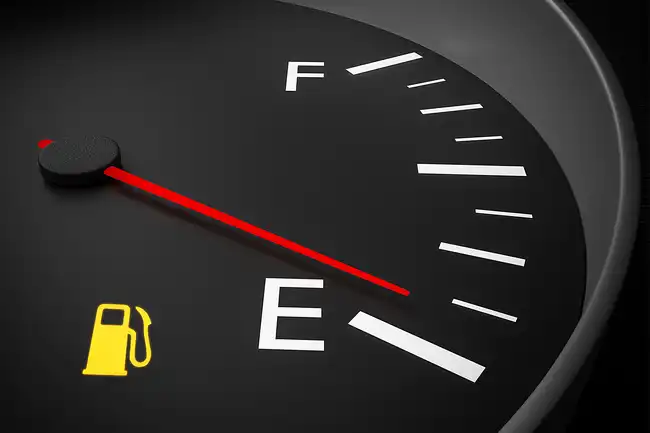
11
/
14
Fuel Tank
Glucose, also known as blood sugar, is instant fuel for your body. Your liver typically keeps about a day’s worth in the form of glycogen. If you don’t eat for a while and your blood sugar gets too low, your liver quickly changes it back to glucose. This can happen when you’re sleeping, for example.
Swipe to advance
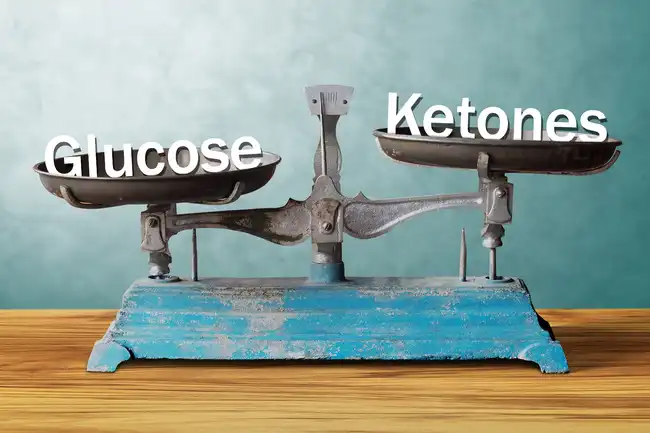
12
/
14
Fuel Factory
Your liver helps keep your energy sources in balance. It’s not only a big storage tank for quick fuel (glucose), but it also takes the amino acids from digested food and changes them into fatty acids. When you run out of glucose, your liver can switch gears and change those fatty acids into another form of energy called ketones.
Swipe to advance

13
/
14
Chemical Factory
Your liver uses nutrients to make hundreds of substances your body needs. Among other things, they break down the food you eat, build amino acids into useful proteins, take vitamins to certain parts of your body, and help your blood clot so you don’t bleed too much after an injury.
Swipe to advance
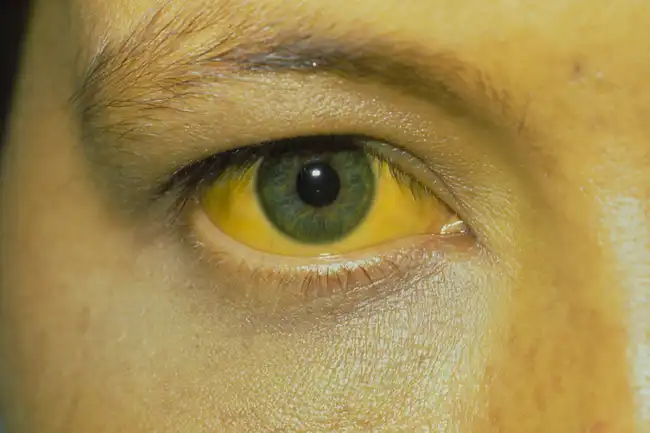
14
/
14
Neutralizer
Your liver helps get rid of a waste product called bilirubin that’s made when red blood cells break down. If your liver isn’t working well, too much bilirubin can build up in your body, a condition called jaundice. It turns your skin and the whites of your eyes yellow. A simple blood test can tell your doctor if you have it and help them figure out why it’s happening.
Swipe to advance
- Get link
- X
- Other Apps